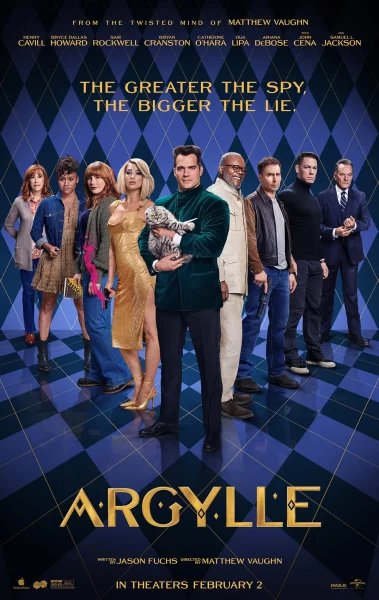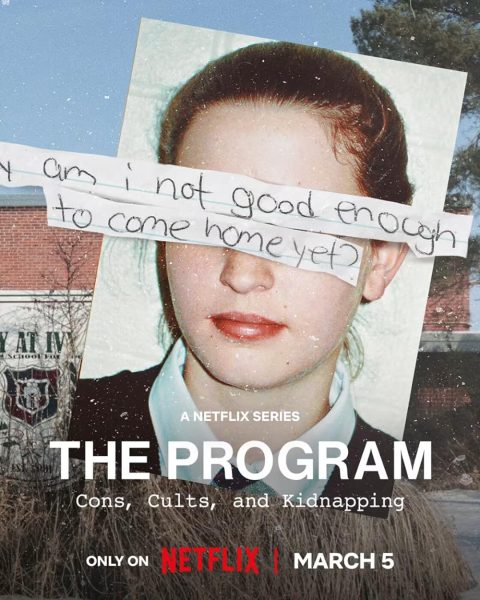A love story for the ages
How “Love on a Leash” breaks storytelling conventions and defies traditional cinema
“Love on a Leash” is director Jennifer Ten’s film debut. The avant-garde style of the plot pushes the bounds of what a film can become.
December 17, 2020
“Love on a Leash,” a little known 2011 masterpiece, challenges the limits of film construct. The avant-garde plot structure meshes with sharp writing and wonderful performances, culminating in a viewing experience like no other, and its daring choices create an effective social criticism of older American cinema.
Director Jennifer Ten’s filmmaking debut follows lonely Lisa (Jana Camp) as she struggles with her work life, relationship with her mother and finding a romantic partner. Early on, we see glimpses of Lisa’s increasingly suffocating situation: her boss’s sexual harassment creates a toxic work environment and her mother often calls to check in about her relationship status. Her feeling of worthlessness only grows with each interaction with Paula (Michaelina Lee), her adventurous and care-free best friend. During their first scene, the two sit at a park before Paula runs off to flirt with a handsome man, leaving Lisa feeling alone once again. She looks up to the sky – tears beginning to swell – and prays to meet a kind man. The heavens answer the prayer, as she glances left to see something that changes her life:
A dog.
Alvin Flang (Stephen Cramer Glickman and Aneese Khamo), the once-playboy magically turned golden retriever by a god-like, pond-dwelling being, meets Lisa during his search for true love to become human again. Only when he ditches his habits of cheating and finds a woman who he loves can he regain human form.

The rest of the film follows their growing relationship. Lisa considers Flang (later named Prince) the trustful and supportive (though non-speaking) friend she does not have, and the golden retriever protects his new love interest at all costs in hopes of becoming a man. As the movie continues, Prince becomes a man only at night, causing the relationship to turn romantic. Both grapple with their personal lives, as Lisa’s overbearing mother and the intrusive Paula start inquiring about her secretive relationship, while Prince’s daytime dog modeling job creates extra tension for the couple.
“Love on a Leash” rivals the best romantic comedies with witty dialogue and impactful emotional moments. A late third-act twist shook me to my core, and each cast member turned in the performance of a lifetime. Camp and Khamo stand out as the lead duo, whose chemistry could carry some of the worst cinematic love stories. Gorgeous cinematography accompanies the near-perfect writing to create a stimulating visual experience, and the framework of the film breaks long-held storytelling conventions. Instead of intertwining subplots throughout the entirety of the movie, each happens one at a time. As Lisa struggles with her problems one-by-one, Prince aids in solving them. Not only does this choice subvert romantic comedy clichés, but also it shows how the film works as a critique of “old-school” American cinema.
Prince serves as the central figure in Lisa’s life, much like how women protagonists in older films were tied to a handsome male figure; however, Ten chooses to have Prince’s actions suffocate Lisa. Despite their relationship retaining a jolly nature on the surface, the choices Prince makes ultimately causes Lisa to lose much throughout the film. Exploring this male character archetype allows Ten to break gender conventions and provide a fulfilling critique of the harmful relationships glorified in older films.
“Love on a Leash” balances extraordinary writing, stunning performances and unique cinematography with a powerful social criticism. I cannot recommend this film enough, and it resides on Amazon Prime for free. Ten’s life-changing magnum opus takes daring choices, proving to be one of the best films in contemporary cinema.
















